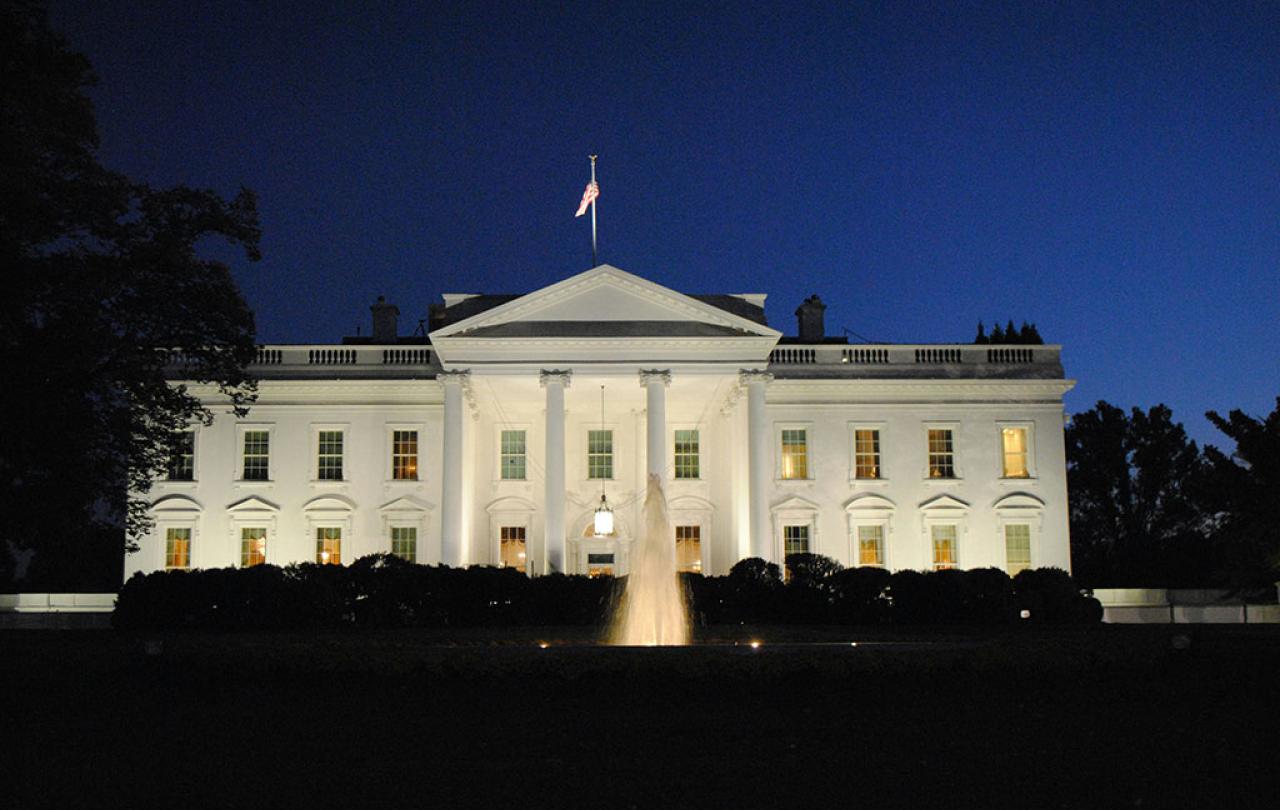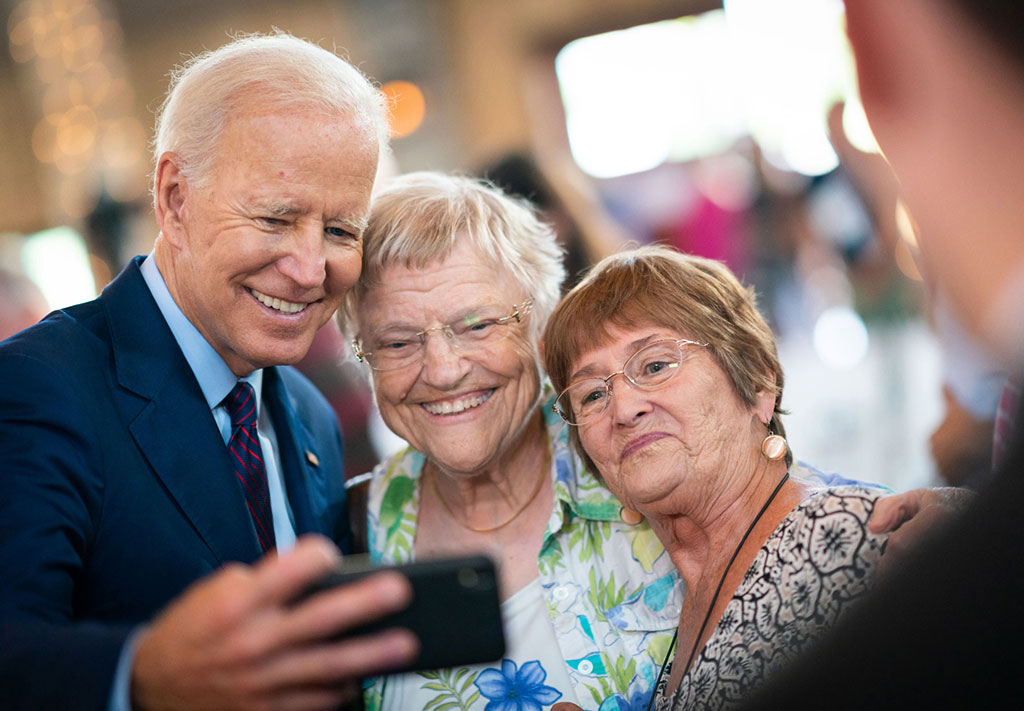
In his essay ‘A Note on Jane Austen’, C. S. Lewis argues that the heroines in each major Austen novel go through a process which he terms ‘undeception’, leading them to ‘discover that they have been making mistakes both about themselves and about the world in which they live.’ This can take the form of self-analysis, or of a more explicitly Christian examination of conscience. Elizabeth Bennet or Catherine Moreland may not be constantly described praying, for instance, but they certainly engage in a healthy amount of self-examination. On the other hand, we have a much more explicitly Christian example of repentance in the character of Marianne Dashwood in Sense and Sensibility, who, after her abandonment by Mr. Willoughby, and having just recovered from a dangerous illness, confesses to her sister that is grateful to have been given the chance to repent and ‘have time for atonement to my God.’ But what about Austen herself? What was the role of self-examination in her own life?
I got my answer earlier this year, when my husband and I went on a Jane Austen prayer retreat at the charming vicarage of Edenham, Lincolnshire. When not engaged in prayer, we spent our time learning about and discussing Austen’s faith, which she practised devoutly throughout her life as the daughter of an Anglican clergyman. Austen’s life was immersed in prayer.
According to Fr. Ed Martin, who hosted the retreat, the Austens would have read through all of the Old Testament once in a year, the New Testament twice in a year, and the Psalms once each month. What’s more, Fr. Ed estimated that, once personal devotion and church services were accounted for, Austen would have prayed the Lord’s prayer about 30,000 times over her the course of her life.
I was also delighted to learn more about one of only twenty books that we know with certainty to have been in Austen’s personal collection – A Companion to the Altar by William Vickers. Austen’s copy, signed 1794, resides at the Princeton University Library; according to Irene Collins, whose book Jane Austen: The Parson’s Daughter (1998) I highly recommend, Austen made regular use of Vickers’ book, which was meant as a guide for Anglicans to prepare themselves spiritually to receive Holy Communion.
I was intrigued to read A Companion to the Altar for myself. What stood out to me is Vickers’ emphasis on self-examination and repentance as crucial to one’s spiritual life, especially leading up to Sundays when a communion service was going to happen. This struck me as being very much in keeping with the experience of the heroines in Austen’s novels which Lewis details in his essay on Austen.
These three prayers also reveal that, for Austen, the key to a virtuous life resides not in blindly sticking to a set of moral rules, but rather in cultivating one’s character.
While thinking about these ideas of examination of conscience and repentance, I was reminded that, thanks to her sister Cassandra, three of Jane Austen’s own prayers have survived. They were penned by Austen as an adult, judging by the handwriting, and would have been written for the purpose of personal or family devotion, especially on a Sunday evening. These three prayers, though brief, reflect – and even clarify – so many of the issues that Austen returns to again and again in her novels: the danger of pride, the necessity of repentance and humility, and more generally, a call to lead a virtuous life. For example, in the third prayer she writes:
Incline us oh God! to think humbly of ourselves, to be severe only in the examination of our own conduct, to consider our fellow-creatures with kindness, and to judge all they say and do with that charity which we would desire from them ourselves.
This passage could have been written for Emma Woodhouse herself! After the disastrous trip to Box Hill, where she deeply embarrasses Miss Bates in front of their friends, we are told that the normally confident and even haughty Emma admits that ‘She had often been remiss, her conscience told her so’ and, after much reflection, she experiences ‘the warmth of true contrition.’ Nor does this call to humility apply solely to Austen’s female characters.
While Lewis does not extend his concept of ‘undeception’ to Austen’s heroes, this is clearly what happens to Mr. Darcy by the end of Pride and Prejudice, so much so that, once he has realised the extent of his past pride, he tells Elizabeth, ‘By you, I was properly humbled.’ Similarly, in Persuasion Captain Wentworth admits to Anne Elliot that if he had not been ‘too proud’, their separation need not have been so long, and they might have been able to get married and begin a life together much sooner.
These three prayers also reveal that, for Austen, the key to a virtuous life resides not in blindly sticking to a set of moral rules, but rather in cultivating one’s character, starting by training one’s disposition through habitual practice of certain key virtues like charity, patience, and humility. As Alasdair Macintyre notes in his seminal philosophical work After Virtue (1981), Jane Austen follows ancient philosopher Aristotle in thinking that ‘Virtues are dispositions not only to act in particular ways, but also to feel in particular ways.’ Therefore, a moral education is not simply about doing what’s right whether you feel like it or not. Rather, it’s an ‘education sentimentale’: it’s about becoming morally mature enough to do the right thing not because you have to, but because you want to. Let me quote here a key passage from the first surviving prayer, in which Austen is asking God for forgiveness and guidance:
Look with Mercy on the Sins we have this day committed, and in Mercy make us feel them deeply, that our Repentance may be sincere, & our resolutions steadfast of endeavouring against the commission of such in future. Teach us to understand the sinfulness of our own Hearts, and bring to our knowledge every fault of Temper and every evil Habit in which we have indulged to the discomfort of our fellow-creatures, and the danger of our own Souls. May we now, and on each return of night, consider how the past day has been spent by us, what have been our prevailing Thoughts, Words, and Actions during it, and how far we can acquit ourselves of Evil. Have we thought irreverently of Thee, have we disobeyed thy commandments, have we neglected any known duty, or willingly given pain to any human being? Incline us to ask our Hearts these questions Oh! God, and save us from deceiving ourselves by Pride or Vanity.
Everything about Austen’s petitions to God in this prayer revolves around the formation of a virtuous character. First of all, she wishes that her ‘repentance’ may be ‘sincere’, and her ‘resolutions’ to lead a more virtuous life ‘steadfast.’ But how are we to achieve such sincere repentance? For Austen, it is through the examination of our disposition. She invites God to bring to her knowledge ‘every fault of Temper and every evil Habit’ in which she has ‘indulged’. As you can see, the focus here is not on resolving never to do one specific ‘bad’ thing again; rather, it is on getting rid of bad habits, so that you will not even be tempted to do that bad thing in the future. This becomes even clearer in the final section I quoted: ‘Incline us to ask our Hearts these questions Oh! God, and save us from deceiving ourselves by Pride or Vanity.’ Achieving virtue is a matter of a sentimental education, in the sense of having the right feelings; for Austen, a devout Christian, this can only happen with God’s aid. Both Lewis and Macintyre, then, got it right. Lewis is right that Jane Austen is deeply concerned with the fictions which we tell ourselves, and which lead us away from goodness. She asks God to save her from ‘deceiving’ herself by ‘Pride’ and, like Lewis shows, whenever one of her heroines falls precisely into this trap, a process of ‘undeception’ always takes place. But Macintyre is also right in pointing out that undeception cannot take place until we train our ‘Hearts’, not just our heads, into a habit of virtue.
What both Macintyre and Lewis guessed from Austen’s novels, we can experience and understand more directly by reading Austen’s prayers. We learn from her direct addresses to God how seriously she took the sin of pride, and how highly the virtue of humility ranked for her. We learn that no true repentance can happen without regular self-examination and confidence in God’s forgiveness. We learn that true virtue can only be gained through habit, and that constancy in practising virtues like humility and charity is crucial, even in the face of our own mistakes. If you are already someone of faith, I urge you to read Austen’s prayers and make use of them in your prayer life. If you don’t consider yourself a Christian, I urge you to read her prayers nonetheless: you may find they help you on your way to the kind of self-examination, without which none of Austen’s heroes or heroines could have achieved happiness.






